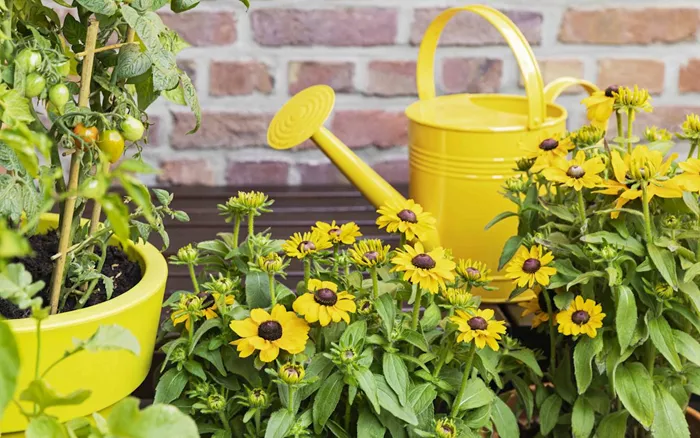Gardening offers a wonderful way to connect with nature and nurture living plants, but certain common habits can unintentionally hinder plant growth. Experts highlight key practices to avoid for healthier plants and more vibrant flowers.
1.Mulching Matters
Applying 2-4 inches of mulch helps retain soil moisture, suppress weeds, and tidy garden beds. However, excessive mulch during cold weather can delay soil warming and plant development, so adjust mulching seasonally to protect your plants.
2.Soil and Planting
Using quality organic garden soil is crucial, as it provides nutrients and proper drainage that bare ground lacks. When planting, dig holes one-third to half the size of the plant to ensure roots have room to grow and thrive.
3.Watering Wisely
Both underwatering and overwatering stress plants. Overwatering can cause root rot and disease, while underwatering leaves plants dehydrated. Water early in the morning and aim at roots rather than foliage to reduce fungal risks and maximize absorption.
4.Sunlight Needs
Matching plants to their sun requirements is vital. Full-sun plants need at least 6-8 hours of direct sunlight, while shade plants generally require at least 3 hours. Incorrect placement can cause poor growth or plant death.
5.Soil Health and Aeration
Avoid soil compaction caused by foot traffic or heavy equipment, which restricts air and water flow to roots. Regularly aerate soil and prevent walking on garden beds to maintain healthy root environments.
6.Weed and Invasive Plant Control
Remove weeds before they seed to prevent widespread infestation. Be cautious with invasive ornamentals that spread aggressively, and consult specialists to manage or avoid these species.
7.Chemical Use
Favor organic gardening methods to protect pollinators and beneficial insects. Avoid non-organic pesticides, herbicides, and fungicides that harm garden ecosystems.
By following these plant-centered practices, gardeners can foster robust growth and enjoy flourishing flowers and plants throughout the season.


